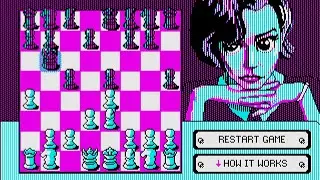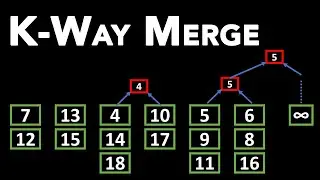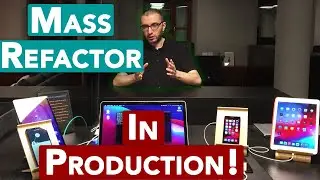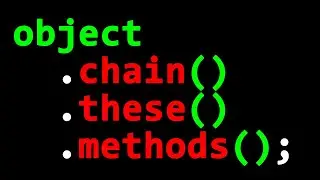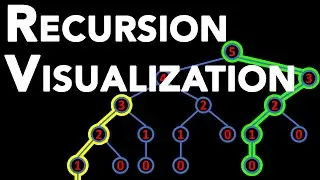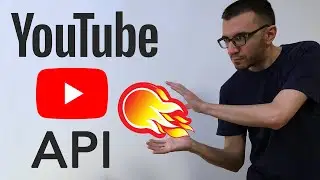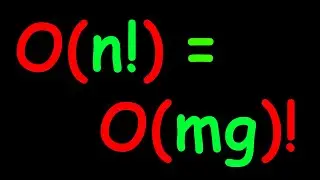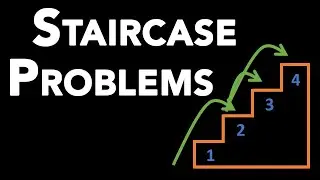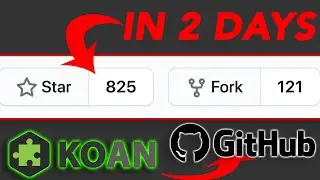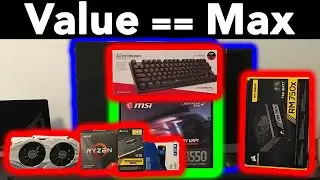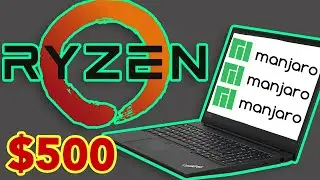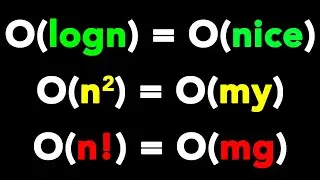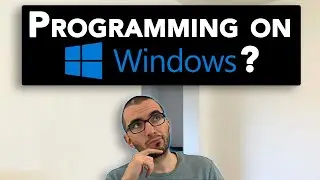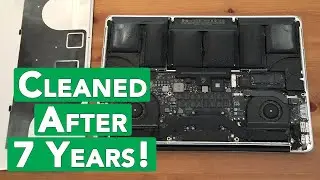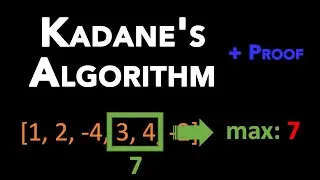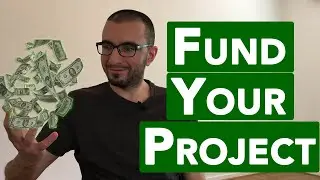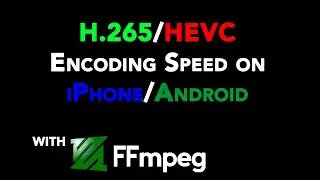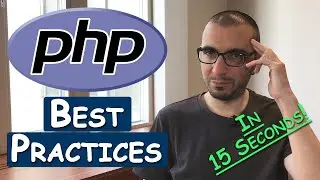My Project Got 800 Stars in Two Days on GitHub - KOAN (Open-Source)
In this video I will tell you how my open-source JavaScript project got 800 stars on GitHub within two days of publishing it. My project is called KOAN (github.com/soygul/koan), and I created it to preserve my general knowledge in Koa and Angular frameworks, as well as Node.js and MongoDB, by making a ready-to-use project template. Upon submitting it to a couple of JavaScript newsletters for review, it exploded and got 800 stars in its first two days of existence! So how did this happen? Did I get lucky? Or did I build something special that people wanted or needed? Or did I simply game the GitHub? Well, watch on.
Outline of this video:
Overview
KOAN Project
KOAN Demonstration
How to Get Starts on GitHub Then?
Conclusion
My open-source project KOAN that is the focus of this video:
https://github.com/soygul/koan (source code)
https://koan.herokuapp.com (demo page)
JavaScript Newsletter Issue that featured my project:
https://news.extly.com/more-news/2022...
My "How to Correctly Use GitHub for Software Development - My Full Workflow With Tutorial" video. It can help you get in the zone to create similar successful projects:
• How to Correctly Use GitHub for Softw...
My "How to Find Funding for Your Project" video, which can help you to find funding in developing your open-source projects into a commercial product:
• How to Find Funding For Your Project ...
If you want to read or contribute, you can find this guide on:
https://quanticdev.com/articles/my-pr...
My "Software Engineering" Playlist:
• Software Engineering
- - - - - - - - - -
/ quanticdev
/ quantic_dev
https://quanticdev.com
- - - - - - - - - -
Tips on how to get recognition (stars, forks, etc.) on GitHub:
Create something useful. There is a very fine line between working on something genuinely useful versus an unrealistic and unattainable goal. Use your best intuition to create something that will help people, do your market research, look for things that you need in your daily life. Don't just depend on wishful thinking.
Build your project on top of best frameworks and tools. I built KOAN using Koa Framework, Angular, Node.js, and MongoDB. The reason why I built KOAN on top of these tools was that they were the best tools for the business at the time. On top of that, they were trending tools with strong userbase growth, so I was sure of their future success (and I was right!). The success of the tools that I used also contributed to the success of KOAN.
Present your project as best as possible. As you have just seen, KOAN has a great live demonstration. The live example being a Facebook clone helps you compare it to Facebook directly, and demonstrates what you can do with it. The project also has very clean and concise documentation, along with fully commented source code.
Introduce your project with a well-organized README file at your project's home. A good README on GitHub is generally in the following format:
Introduce the project.
Introduce the technology.
Link to live example(s) and screenshots.
Quickstart guide.
Configuration/parameters section.
Testing section.
Credits/licensing.
Pour your previous experiences into the project. The reason as to why KOAN is so clean both in presentation and code is that I have created many web apps using similar tools. I finally decided to assemble a single master template project for my future work with all the experiences that I had up to that moment. Hence, I created KOAN.
Eat your own dog food. I've used KOAN in many projects, including in my current startup. Every time I used KOAN for a new project, I've improved a part of it and backported patches from the new project back into KOAN. Keep reusing and improving your project.
Be attentive to bug reports and feature requests. I've resolved most issues reported on GitHub in less than a day. I've also reviewed most pull-requests pretty much instantly, created a backlog of features that can be implemented in the future, and closed the unrealistic feature requests. A clean backlog clearly demonstrates to onlookers that the project is well maintained and is dependable.
Finally, submit your creation for reviews. Contact newsletters, ping people on Twitter, submit it to relevant sub-Reddits. However, don't be pushy. Let the people decide for themselves.
You might eventually try and turn your project into a commercial success. Open-source or not, you always have great options for financing from government institutions to crowdfunding. If you want to learn about all kinds of financing options to help you with bringing your dream to life, check out my dedicated video on how to find funding for your projects. The link to it is above.
More info in the video!








